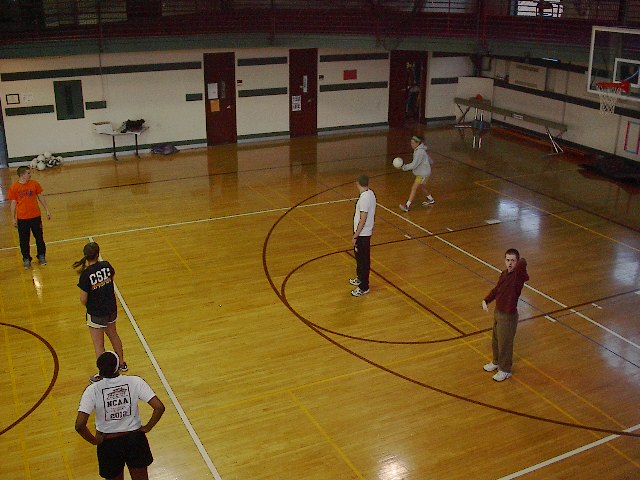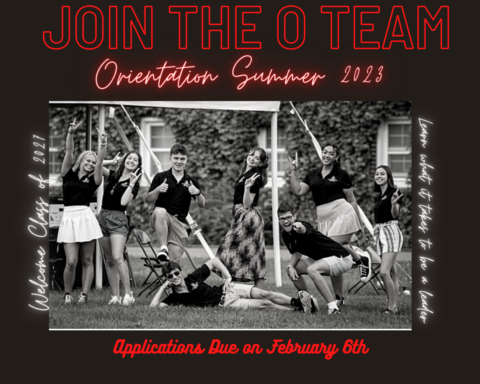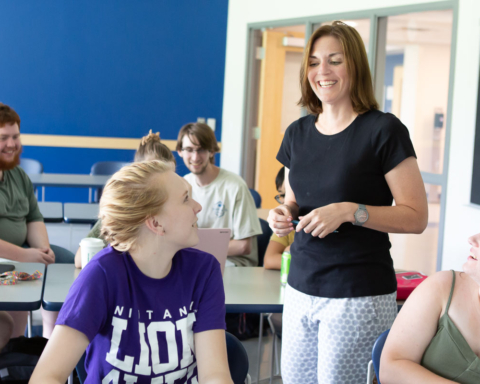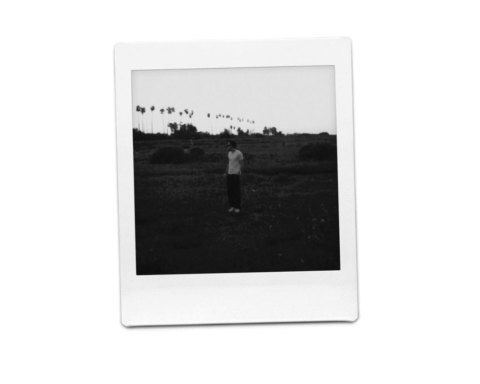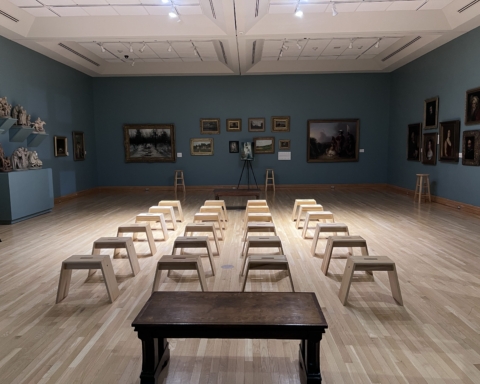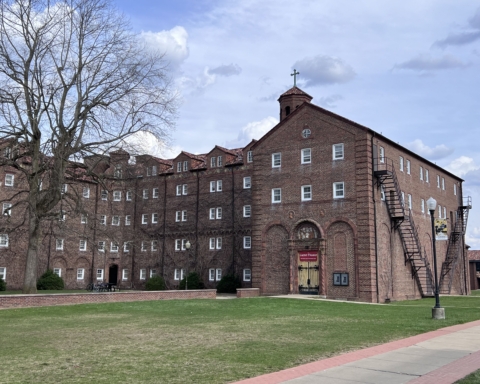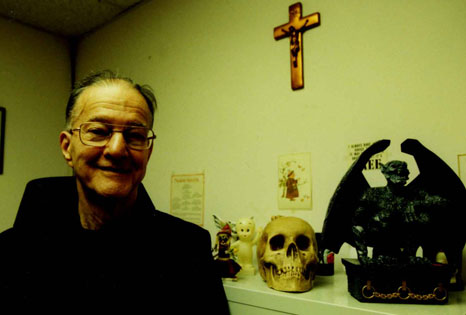For 25 years, Carl Case, professor of management, has been coaching Special Olympics teams. Case has a 31-year-old son with Down syndrome, so his involvement with the organization has a personal connection.
The Special Olympics started in the early 1960s, when Eunice Kennedy Shriver saw the unfair treatment people with mental disabilities experienced. She began a summer day camp in her backyard for mentally handicapped people, so she could see what they could do in sports and other activities, according to specialolympics.org
Although Case has coached a variety of sports, he is currently coaching volleyball.
Coaching is something that resonates with Case. He said watching the skills of the players improve is a gratifying experience.
“Individuals with special needs tend to wear their emotions on their sleeve, so when they’re happy, they’re really happy,” Case said. “I get a lot of personal satisfaction from helping the individuals.”
The team practices every Tuesday at 6 p.m. in Butler gym. Their goal is to make it to regionals and then states, which Case says they have been to several years.
Case and Paula Scraba, associate professor in physical education, have a partnership in which Scraba’s students work with the athletes during the training sessions. The students help the players practice basic volleyball skills during practices.
“The first half of the practice is working on individual volleyball skills,” Scraba said. “The second half is playing a game where [the students] must follow the proper rotation and rules, like penalties and fouls.”
Scraba has been working with disabled people for most of her life, and she is happy to see the progress that’s being made, she said.
“The big thing now is unified sports,” Scraba said. “People are accepting each other for who they are, not who we think they are based on stereotypes.”
The student-athlete interaction is a positive experience for both groups.
“The athletes love being around the students,” Case said.
Although the athletes are in their mid 20s or 30s, they get along well with the students, and the students learn a lot too, according to Case.
“It’s good for the students, because the students realize the special athletes are just like them,” Case said. “They may have some challenges, but they have the same desires; they want to exercise, and they want to meet other people.”
Before students take part in coaching, they have to take an attitude survey that asks questions like “Do you think the athletes you work with can hit a ball?” and “Do you think they could live independently?” Scraba said. The idea is that once students get to actually know the person, their expectations will change. “You look at the person first and the disability second.”
Students get to participate in an experience that might impact their future plans., Case said.
“I’m hopeful that our students will be the future coaches when I’m long gone,” Case said. “I’m hoping that when they’re out in the real world, it’ll be something they’ll want to do and give back.”
kolbee14@bonaventure.edu

